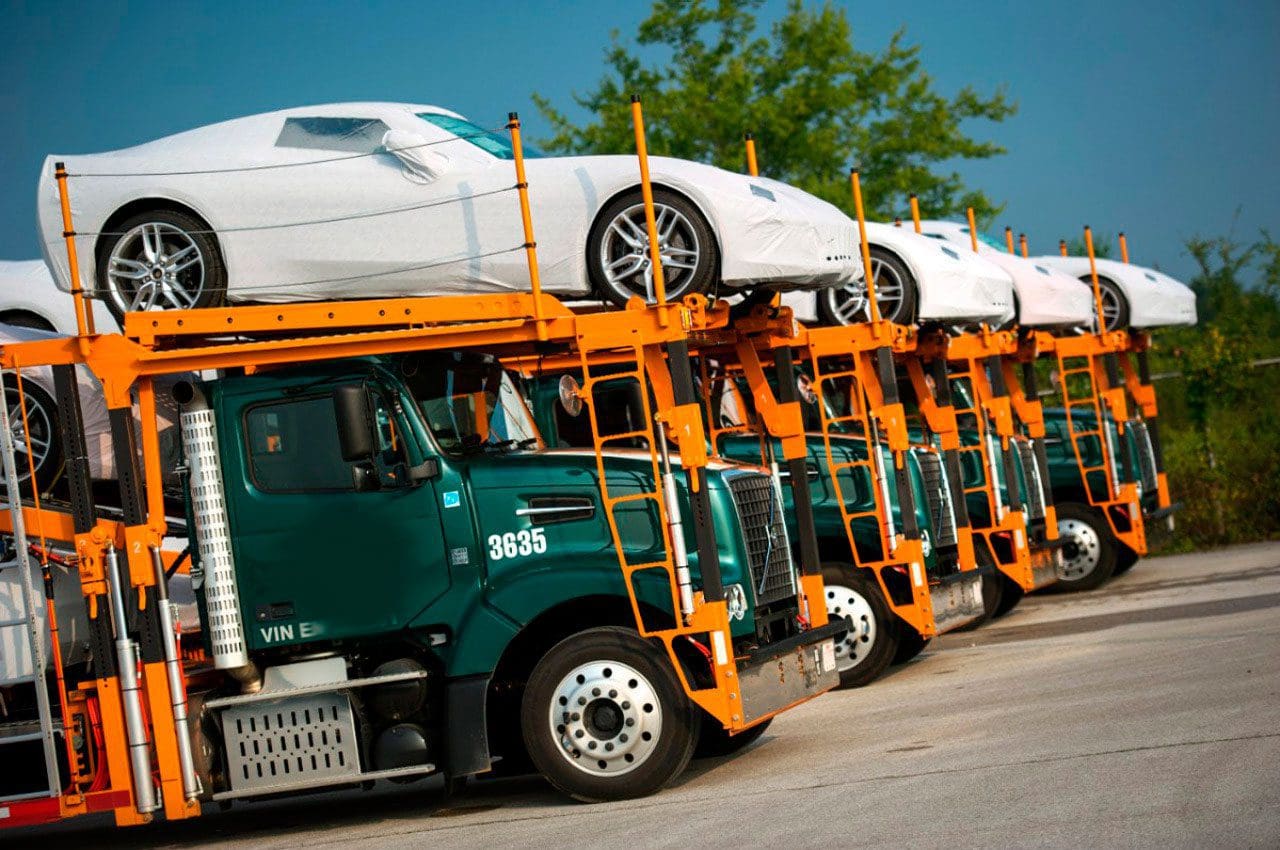
How to Be a Great Car Hauler
With over 70,000 vehicles shipped in the last 10 years we’ve gotten to work with 6,000+ different car haulers, some good, some fair and others awful. There are car carriers so diligent and organized they motivate us to get better, others do the bare minimum required by their contract and some left such awful impressions that we vow to never work with them again.
There exists a symbiotic relationship between carriers and brokers. All freight brokers rely on carriers to deliver cars and fulfill the contractual obligations to their customers. Carriers rely on brokers to negotiate rates with customers, handle necessary paperwork, process payments, set expectations and enhance communication for all parties. In the middle of this relationship is the customer. With each carrier comes a different experience, and we have learned a great deal on what distinguishes a great car hauler from a mediocre one. There is no set standard on what you need to do to become one of these “Greats”, but if you follow the list of guidelines we have discovered down below, getting to that point won’t take much guessing.
Documentation
Car haulers need to have their paperwork in order. First, make sure you are properly insured, have an Employer Identification number with a US DOT number and an MC number in hauling interstate. For more information on the MC number please see the FMCSA regulations here. The type of trailer you buy will determine the amount of cargo insurance to purchase. The most popular cargo insurance we see from carriers is $250,000 but it can go as high as $1,000,000 when transporting exotic vehicles in an enclosed trailer. A rule of thumb is to keep your deductible as close as possible to $1000. If you are looking for $5,000 deductible on your insurance, it is highly unlikely that a broker will be dispatching any loads to your company, try to stay in the $1000 – $2,500 range for the deductible.
Good – Have a packet that is accessible at all times. This will consist of your US DOT authority, Certificate of Insurance, and your W-9 stating your Tax ID number. If you are signed up with central dispatch, send in this packet to them so they can post it to your account. This will speed up the process of booking loads with brokers by you not having to send them proper paperwork every time. Keep your paperwork up to date; when you renew your policy make sure to change the packet to reflect the updated dates.
Fair – Have a packet, but not have immediate access to it. Remember, the longer it takes for you to provide proof of proper documents to the broker, the less of a chance you will have to commit to the load. Not everything is organized but can be located upon request.
Awful – No insurance, no DOT/MC number, no Tax Identification number and bad safety ratings. The paperwork provided is expired, invalid or fraudulent; it is not uncommon to see insurance policies cancelled due to non-payment. Carriers in this category are putting the customer’s vehicles at risk and may operate unsafe equipment and also can be placed out-of-service by the DOT.
Communication
Communication is critical. Like any business, we pride ourselves in the outstanding customer service we provide to our clients. The only issue with this is when a carrier does not answer their phone or update us throughout the stages of the transport, we run into angry customers who stop using our service. Make sure to call and schedule pickup/deliveries a day in advance regardless if you are picking up from auctions or a private residence. Notify the broker if any damages occur throughout the transport so that we are able to take care of the customer with the claims process. Remember at the end of the day it will be the broker dealing with the damages and paying you accordingly.
Good – Carrier will give the customer a call a day in advance giving them a time frame of when they are looking to pick up. The next day rolls around and after finishing up with the pickup/deliveries for the day, you call the customer and give him a one hour notice. After the pick up occurs, make sure to call the broker and update them of the status of the vehicle, if any damages occurred while loading or if the customer had any sort of complaints. Throughout the transport if any damage occurs do not try to figure it out with the customer, your contract is with the broker and they will be the ones paying you in the end. On delivery, give the customer a 24hr notice with a 1 hr out as well. This will make your process run smooth as the customer will be able to work out his schedule to accept your vehicle. Do not panic if you are arriving late, only panic if you forget to update the broker of your change in schedule. Communication is key, it is the greatest factor that plays into your relationship with a freight broker.
Fair – The customer does not receive a 24hr notice and only receives a 20 minute notice from the driver. This is a horrible start as the customer will now be blowing up the broker and the carrier for the rest of the trip. These sort of actions will create a feeling of unease about the carrier for the customer, causing them to call on a daily basis on when their car will arrive. This sort of communication will also prevent the broker from using you as a carrier with future loads. Let’s say damages occur throughout the transport and you deliver the car without saying anything to the broker and customer, good luck fighting your case when the claim is opened up. This is something that MUST be communicated. During the claims process you will have very little ground to stand on, and is one way to guaranteeing a broken relationship with the broker.
Awful – Carrier and drivers do not answer the phone when the broker calls and emails are ignored. When an answer is given there is conflicting information or misinformation about truck or vehicle’s location. The tone of the carrier or the driver is hostile and threats are used – like “We will not deliver the car until …” the following terms are met. The signed contract is completely ignored and any concept of customer service is non-existent.
Issue Resolution
Damages and claims are going to happen regardless of how careful and well trained the driver is – all carriers will damage vehicles at some point due to the complexity of loading/securing/unloading the vehicles. However, it is the carrier’s approach to handling those claims that separates good, fair and awful carriers apart.
Good – Carrier will notify the broker and the customer of the damages as soon as they happen. Depending on the extend of the damages the three parties will work out a plan to get it fixed at the lowest cost while still achieving an acceptable resolution to the customer. Proper documentation, pictures and inspections reports will be provided to all provided. In a large claim carrier will work with their insurance carrier to provide all necessary information to expedite the claim and pay for the deductible required.
Fair – Carrier will accept damages once they are identified by the customer on delivery and once determined that they are the fault of the carriers. Paperwork will be consistent and statements to the insurance company will be provided in the reasonable amount of time.
Awful – Carrier will deny damages that are clearly resultant of damage in transit, or carrier will attempt to fix the damage themselves by taking the car to low-cost and usually unqualified body shop. The carrier will refuse to pay for the deductible that they are responsible for.
Conclusion
Why do all the things above? Because it is good business – most brokers prefers to work with carriers directly bypassing any load boards if necessary. By having good ratings carriers can demand high rates for their services and brokers will be more likely to pay them – if it means better service for their customers. Any successful carrier will have repeating business which is big for profitability.

